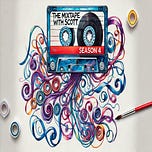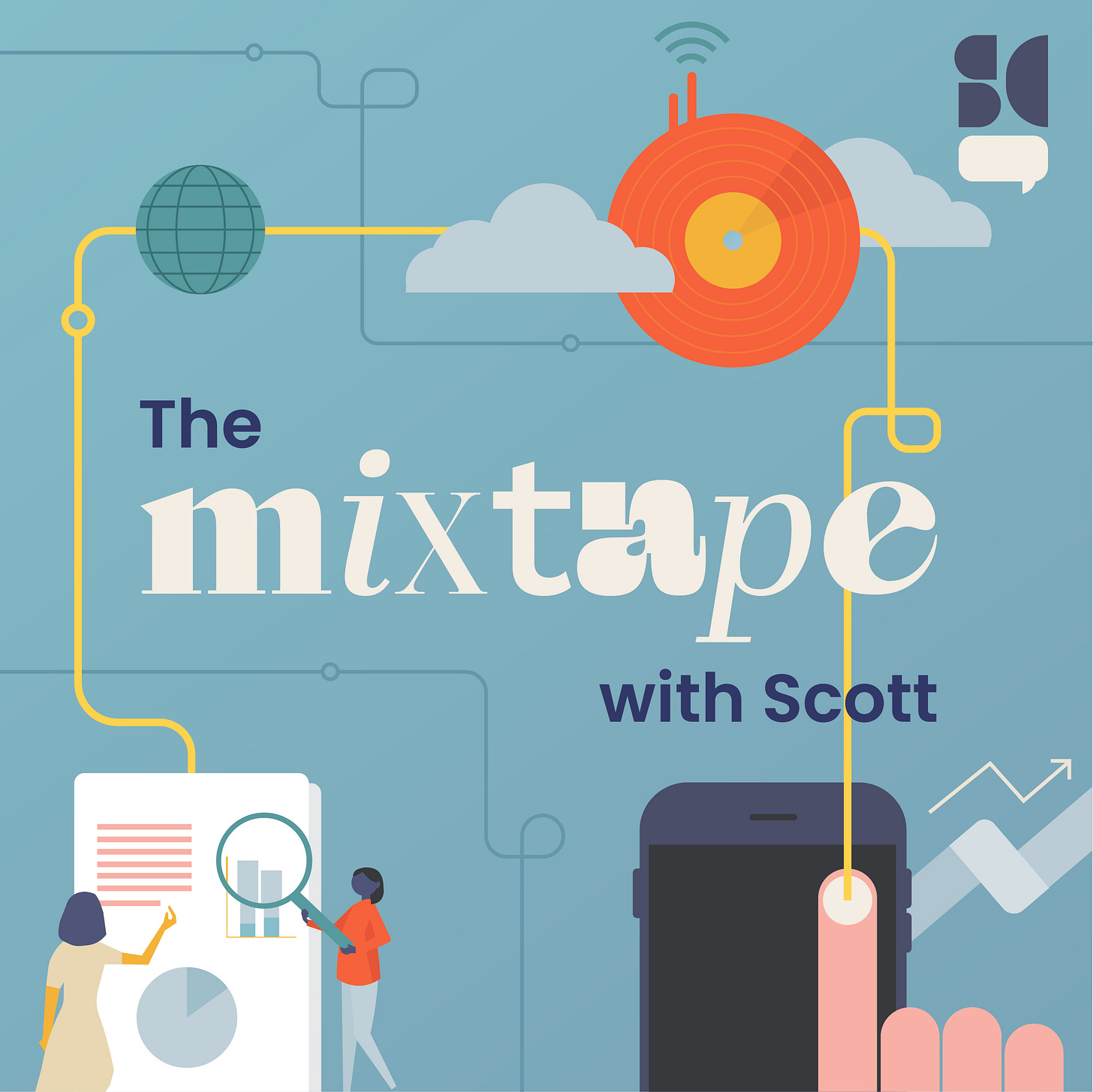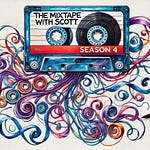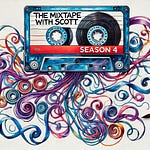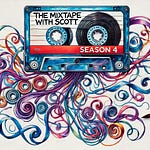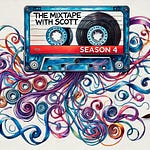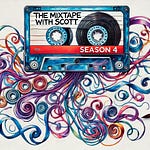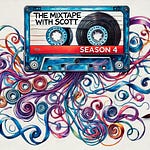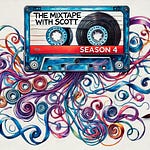Ronny Kohavi, PhD
“Economists in tech” is a podcast series of mine trying to tell the story of the movement predominantly Economics PhD talent into and throughout the emerging tech sector. Previously interviews have been with Michael Schwarz (Microsoft), Susan Athey (Stanford, now DOJ, formerly Microsoft), and John List (Chicago, Wal-mart). But this week I chose to share an interview I did a month ago with a prominent computer scientist named Ronny Kohavi.
Economists may not know about Ronny. Ronny did his PhD at Stanford in 1995, and was at ground zero to watch major advances happen in tech. His early work was in machine learning, and many of his most cited papers remain in that area too. But something that he has also been instrumentally involved in is from day one in tech being an aggressive evangelist, promoter and guide for the adoption and design of randomized controlled trials now used extensively within tech (called there A/B test not RCT). His recent book with Tang and Hu, "Trustworthy Online Controlled Experiments” discusses in detail his thoughts on this topic.
In a lot of ways, Ronny could just as easily fit in the “causal inference” series, but I chose to pin him in this because I think he is more broadly familiar to the tech sector for pushing for the randomized experimental design, and I thought that might be interesting for those of us who stand outside with curiosity tech. If you want to study with Ronny, he teaches a regular workshop at Sphere on RCTs.


